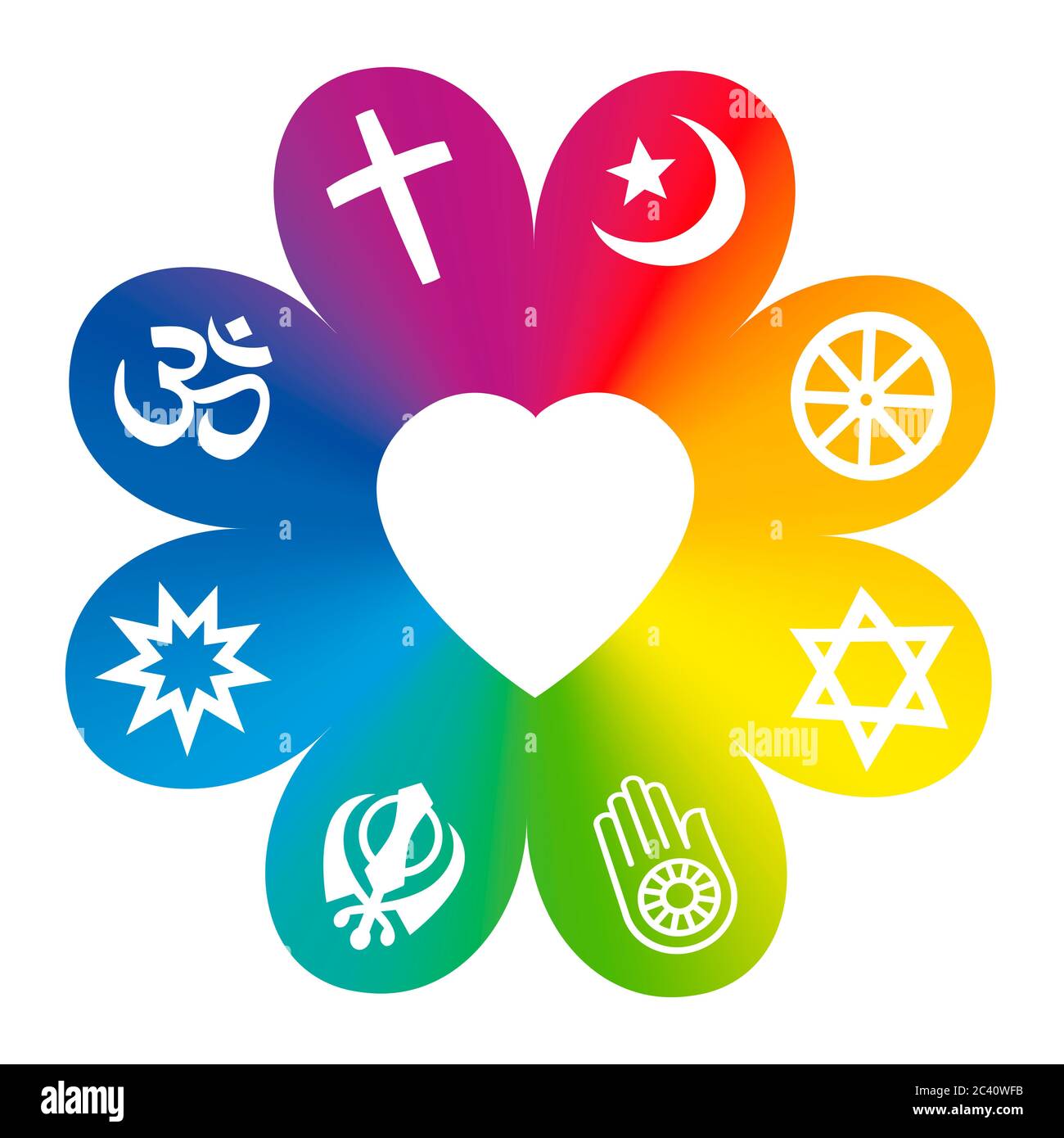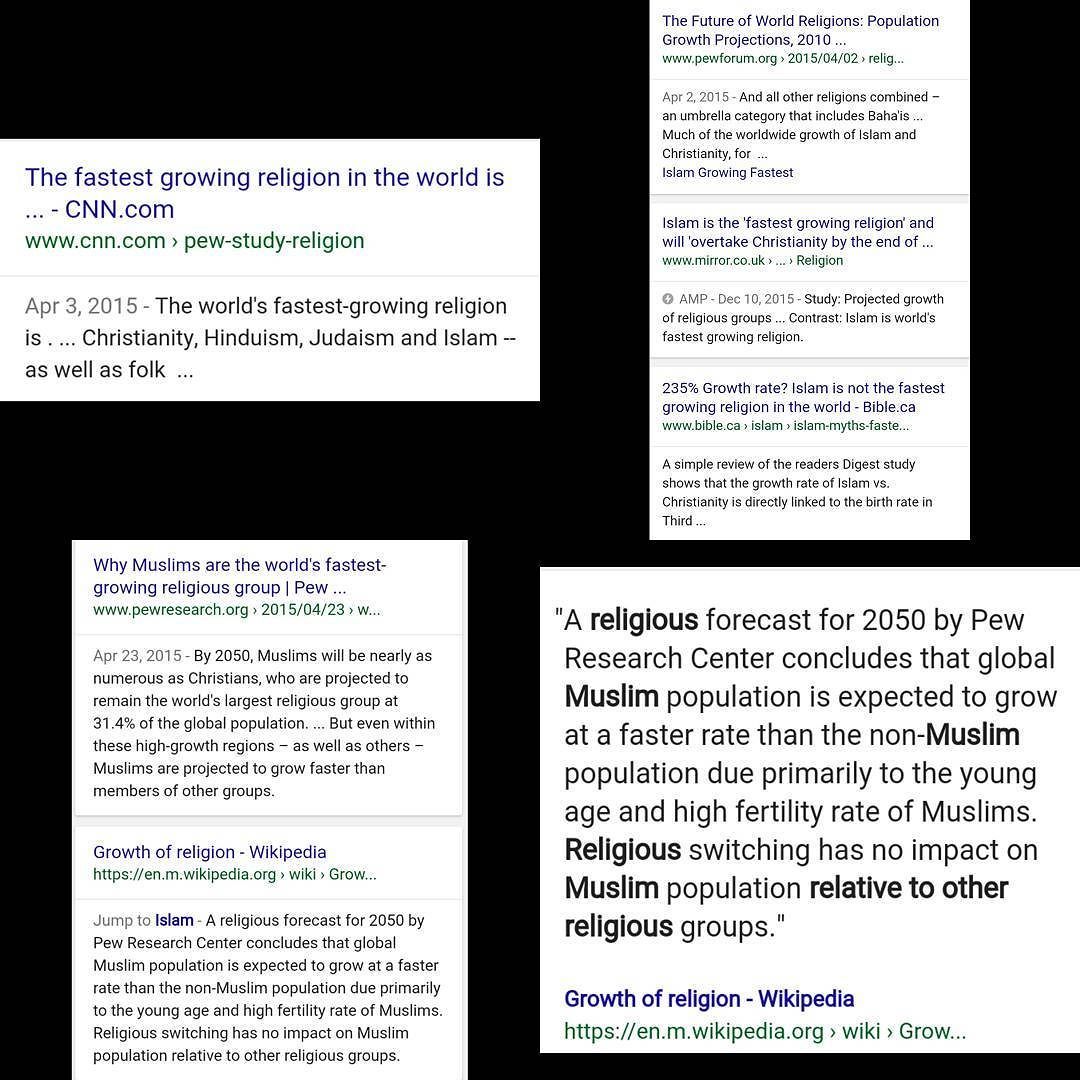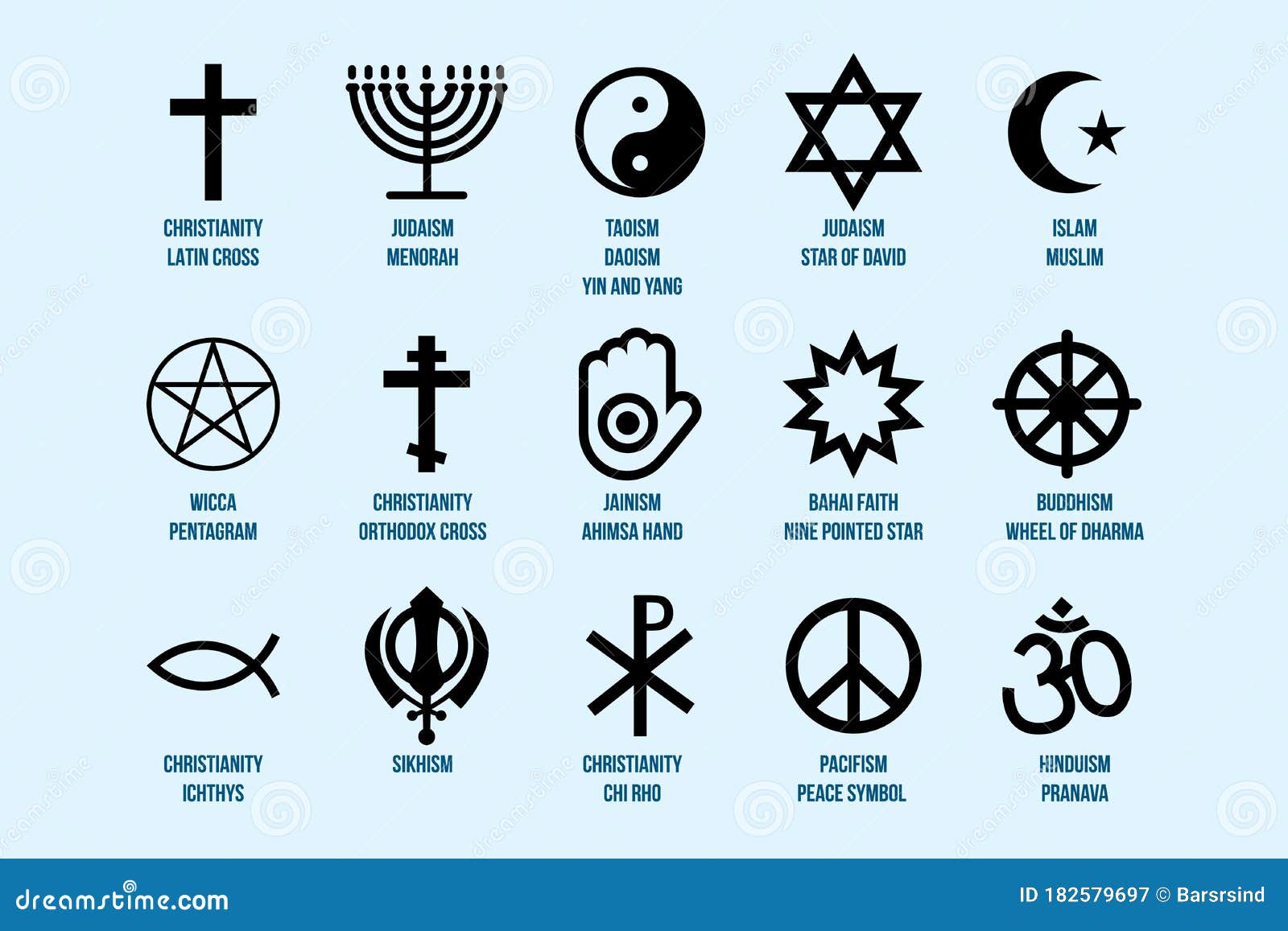Understanding Islamic Monotheism: Core Beliefs, Practices, and Guidance
Introduction to Islamic Monotheism
Islam stands among the world’s major religions as an unequivocally
monotheistic faith
. The foundation of Islam is the belief in one, unique God, known in Arabic as
Allah
. This core concept, called
Tawhid
, means that God is singular, without partners, equals, or offspring. Every aspect of Islamic faith and practice derives from this principle, shaping the spiritual, ethical, and social dimensions of Muslim life
[1]
[2]
[4]
.
What Is Monotheism?
Monotheism refers to the belief in and worship of a single deity. Unlike polytheistic systems, which recognize multiple gods, monotheism emphasizes the oneness and uniqueness of the divine. In world history, three major traditions-Judaism, Christianity, and Islam-are known as monotheistic religions. Islam, in particular, stresses a pure form of monotheism, rejecting any division of God’s nature or association of partners with Him [5] .
The Islamic Concept of God: Tawhid
In Islam, Tawhid is the term for the oneness of God. It represents the most important and foundational belief in the religion. Tawhid is expressed in three key aspects:

Source: ar.inspiredpencil.com
- Oneness in Lordship: God alone is the Creator, Sustainer, and Master of the universe. No being shares in His divine authority or creative power.
- Oneness in Worship: Only God is worthy of worship. All acts of devotion, prayer, and religious observance must be directed to Him alone.
- Oneness in Names and Attributes: God possesses unique attributes and names that cannot be shared with any other being. These qualities, such as mercy, omnipotence, and wisdom, are singular and absolute [1] .
This comprehensive approach to monotheism distinguishes Islam from other faiths and is reinforced throughout the Quran and the teachings of Prophet Muhammad.
How Monotheism Shapes Islamic Practice
Every aspect of Islamic life is rooted in the oneness of God. The basic declaration of faith, or
Shahada
, states, “There is no god but God, and Muhammad is the Messenger of God.” This statement affirms both the exclusivity of God’s divinity and the role of Muhammad as His prophet
[3]
[4]
.
Islamic monotheism impacts:
- Prayer: Muslims perform five daily prayers directly to God without intermediaries.
- Charity: Acts of charity are done for God’s sake, reinforcing the belief that all good ultimately belongs to Him.
- Ethical Conduct: Moral codes in Islam arise from the understanding that God is the sole judge and guide.
- Festivals and Rituals: All religious observances are meant to honor God alone, avoiding any form of idolatry or association.
For practical guidance on Islamic worship, you may consult local mosques, Islamic centers, or seek authentic resources from established organizations such as the Islamic Society of North America (ISNA) or WhyIslam project. If you wish to participate or learn more, you can search for “Islamic centers near me” or visit the official website of a local mosque.
Islamic Monotheism Compared to Other Religions
Islam shares its monotheistic roots with Judaism and Christianity. However, Islam’s approach is distinct in several ways. While Christianity introduces the concept of the Trinity, and some other traditions include intermediaries between God and humanity, Islam firmly maintains that God is singular and without division. Associating partners with God (
shirk
) is considered the gravest sin in Islam
[4]
[3]
.
Muslims believe that the message of monotheism was delivered by all prophets, including Adam, Noah, Abraham, Moses, and Jesus, but that deviations occurred over time. Islam views the Prophet Muhammad as the final messenger who restored the message of pure monotheism [1] .
Real-World Applications and Community Practice
Islamic monotheism is not only a belief but also a lived reality. In communities worldwide, Muslims gather for worship, study religious texts, and support one another in upholding the principles of Tawhid. Examples include:
- Friday Congregational Prayers (Jumu’ah): Muslims assemble weekly for communal worship that reaffirms God’s unity.
- Ramadan: The fasting month emphasizes devotion to God alone, with increased prayers and charity.
- Pilgrimage (Hajj): Pilgrims visit Mecca to perform rituals solely for God’s sake, highlighting the unity of the Muslim community under one God.
If you are interested in observing or participating in Muslim community life, you can contact a nearby mosque or Islamic cultural center. Many organizations also offer introductory courses and open houses for those curious about Islamic beliefs and practices.
Challenges and Misunderstandings
Despite the clarity of monotheism in Islam, misunderstandings sometimes occur. Common challenges include:
-
Confusion with Polytheism:
Due to the use of the term
Allah
, some mistakenly believe Muslims worship a different god. In reality, Allah is simply the Arabic word for the one God worshipped by Jews, Christians, and Muslims alike [2] . - Intermediaries: Islam strictly prohibits intermediaries between worshippers and God, differing from some other traditions.
- Representation of God: Islam forbids images or idols of God, emphasizing His incomparability.
To overcome such misunderstandings, it is recommended to consult recognized Islamic scholars, attend educational seminars, or read authoritative texts from reputable sources. You may also consider reaching out to Islamic educational initiatives for further clarification.
Step-by-Step Guidance for Exploring Islamic Monotheism
- Start with Authentic Resources: Look for books or articles by recognized scholars. The WhyIslam project and Islamic Society of North America offer foundational information.
- Attend Community Events: Many mosques hold open houses, lectures, and Q&A sessions for visitors.
- Connect with Local Muslims: Personal conversations provide insight into lived faith and community values.
- Ask Questions: Do not hesitate to seek clarification from local imams or educators. Many organizations also have hotlines or email support.
- Explore Multiple Perspectives: Read comparative studies to understand how Islamic monotheism fits within the wider context of world religions.
If you are unable to find direct contact information, consider searching for “Islamic Center” or “Mosque” in your locality, or visit the official websites of organizations such as ISNA or WhyIslam for more guidance.
Alternative Approaches and Further Research
For those interested in deeper study, academic institutions and online platforms offer courses in Islamic theology and comparative religion. Universities with religious studies departments, as well as online educational platforms, may provide structured learning opportunities. You can also find translations of the Quran and Islamic texts in public libraries or through verified publishers.

Source: wbur.org
If you wish to compare Islam’s monotheism with other traditions, consult works by interfaith scholars, attend interfaith dialogues, or participate in community discussions hosted by academic or religious institutions.
Summary and Key Takeaways
Islam is a monotheistic religion that affirms the oneness, uniqueness, and incomparability of God. The principle of Tawhid shapes all aspects of faith and practice, making Islam’s approach to monotheism both comprehensive and distinctive. For further exploration, consult recognized Islamic organizations, academic resources, and local community centers. Always seek information from verified, reputable sources for accuracy and depth.
References
MORE FROM cheerdeal.com













